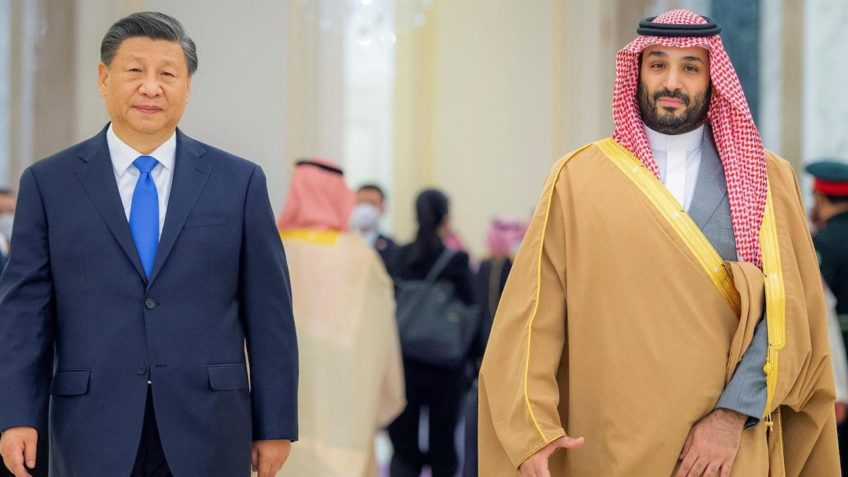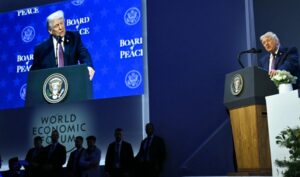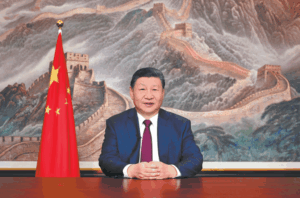
The Arab country’s Central Bank joined the China-led initiative for cross-border payments in digital currencies
Saudi Arabia has advanced its agenda of decoupling oil sales from the US dollar. In early June, the country’s central bank became a full member of Project mBridge, a cross-border experiment in central bank digital currencies led by China.
This move by the Arab kingdom is another step away from the dollar, as the country has already indicated that it wants to break away from the agreement that established the currency as the official currency in oil transactions. As shown by the Poder360the Arab country has no interest in maintaining the “petrodollar” policy.
The mBridge Project was started in 2021 as a partnership between the innovation arm of the BIS (acronym in English for Bank for International Settlements) and the central banks of China, Hong Kong, Thailand and the United Arab Emirates. The project aims to test the viability of digital currencies created by central banks for instant cross-border trade.
In practice, Saudi Arabia’s entry into the mBridge Project means that the country supports an expansion of payment methods for its main commodity, oil. For 50 years, Saudi Arabia’s oil transactions were made in dollars, which increased the prestige of the US currency and consequently increased the need for other countries to increase their dollar reserves.
If the mBridge Project advances, these transactions previously carried out backed by the dollar could be carried out using these digital currencies. The biggest winner in this scenario is China, which heads the project.
In recent years, China has increased its influence in Saudi Arabia and has so far been successful in decoupling oil from the US dollar. The Asian country is the biggest buyer of Saudi oil and played an important role in inviting Saudi to join the BRICS, a bloc formed by a group of emerging market countries in relation to economic development, last year.
At the beginning of the month, the mBridge Project reached the development phase called MVP (acronym in English for Minimum Viable Product). At this stage, private sector financial companies can now propose suggestions for the development of the platform. There is still no timeline for when the project will be completed.
The platform will run on a blockchain – the mBridge Ledger – which was developed to support real-time, cross-border payments and foreign exchange transactions.
In addition to the 6 permanent members, the mBridge Project has another 27 observing entities that monitor the development of the project through a model made available for testing the technology.
This group of observers includes the IMF (International Monetary Fund), the World Bank, the New York Federal Reserve and central banks from several countries such as France, Italy, Israel and Egypt.
Source: https://www.poder360.com.br/economia/arabia-saudita-avanca-em-afastamento-do-dolar-norte-americano/

